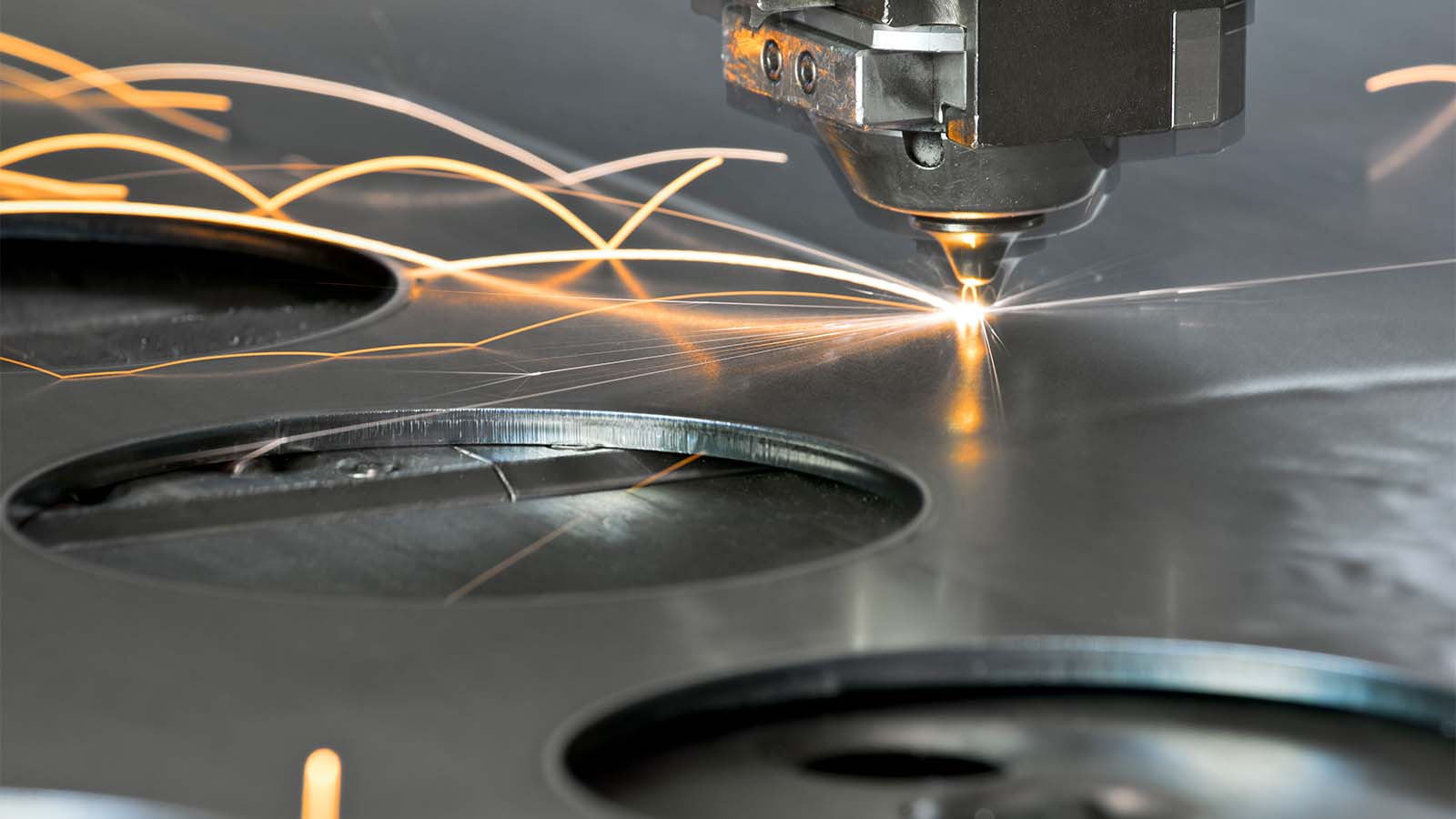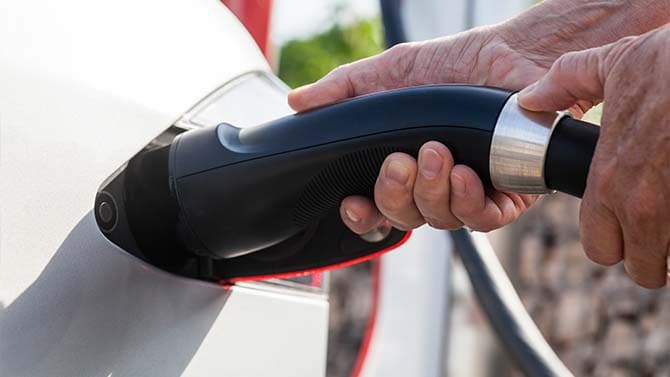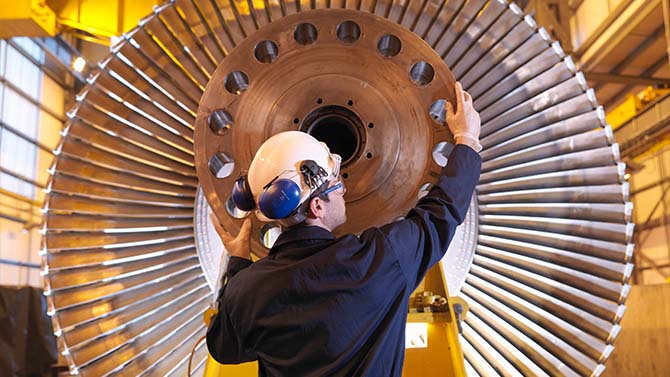M&A deal activity: summary
The German Industrials & Services (I&S) sector experienced a relatively stable start to the year, with transactions only down by 2% compared to the same period in 2024. Persistent challenges such as the economic slowdown, regulatory hurdles, and geopolitical conflicts and uncertainties continue to weigh on dealmaking, causing market players to exercise caution.
The Industrial Manufacturing sub-sector has seen the largest number of deals so far, followed by Business Services. Together, these two sub-sectors accounted for two thirds of all deals in I&S in the first half of 2025.1 Despite a persistently challenging business environment, targets focusing on digital transformation, efficiency and sustainability remained in high demand. In contrast, the number of deals in the Automotive sub-sector fell by no less than 46%, impacted by technological disruption, geopolitical tensions and increasing pressure for business transformation.
Corporate buyers had the upper hand, accounting for 55% of deals. A significant proportion of these buyers were from Germany (45%), although this marks a decrease compared to previous years. Nonetheless, it still underscores the attractiveness of German assets for foreign capital and the influence of cross-border transactions. Among financial investors, the majority (54%) were from Germany.
As we highlighted at the beginning of the year, companies have turned to M&A as a strategic approach to address persistent labour shortages and acquire essential skillsets for transformation. Simultaneously, investments have been made in technological innovation, particularly automation, to mitigate the effects of labour shortages. Sustainability criteria also continue to play a critical role in driving M&A: companies with strong ESG capabilities are becoming highly sought-after targets. This reflects the growing emphasis on value creation through sustainability and the desire of investors to mitigate risks associated with environmental and social governance.
1 Figures for the first half of 2025 are preliminary, as complete June 2025 data was not available at the time of writing.
“Looking ahead, we are expecting a bounce-back in M&A activity in the Industrials & Services sector. Despite a slow start, the underlying sector trends provide a favourable environment for M&A. Post-election stability and economic stimuli are also helping, but geopolitical tensions and tariff negotiations pose challenges.”
Any questions?
Contact our experts
Mid-year M&A outlook for the German Industrials & Services sector
Our outlook predicted that M&A in the I&S sector could see a rebound in 2025. Although we have not yet seen an increase in deals across the sector as a whole compared to the same period in 2024, we expect to see stronger performance in the second half of 2025. The underlying trends, such as AI and automation, sustainability, and the transformation of the sector, will continue to drive M&A activity. Corporates will want to gain access to technology or capabilities critical to their business models while continuing to divest non-core assets. Financial investors are eyeing up these same assets, and have plenty of dry powder to deploy.
Additionally, the increased certainty following the German election is likely to create a favourable environment for M&A, as is the anticipated economic stimulus from the new infrastructure fund and planned increases in defence spending. However, uncertainties persist, such as the current geopolitical tensions and unresolved tariff negotiations, and these could weigh heavily on dealmaking – especially if they escalate.
Contact us

















